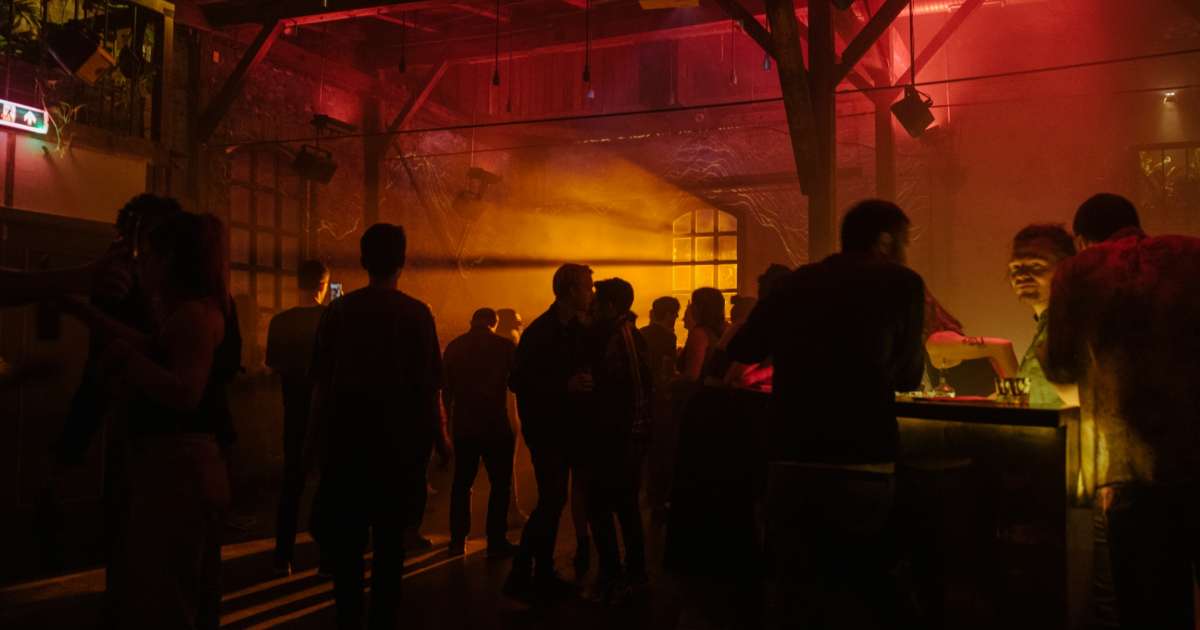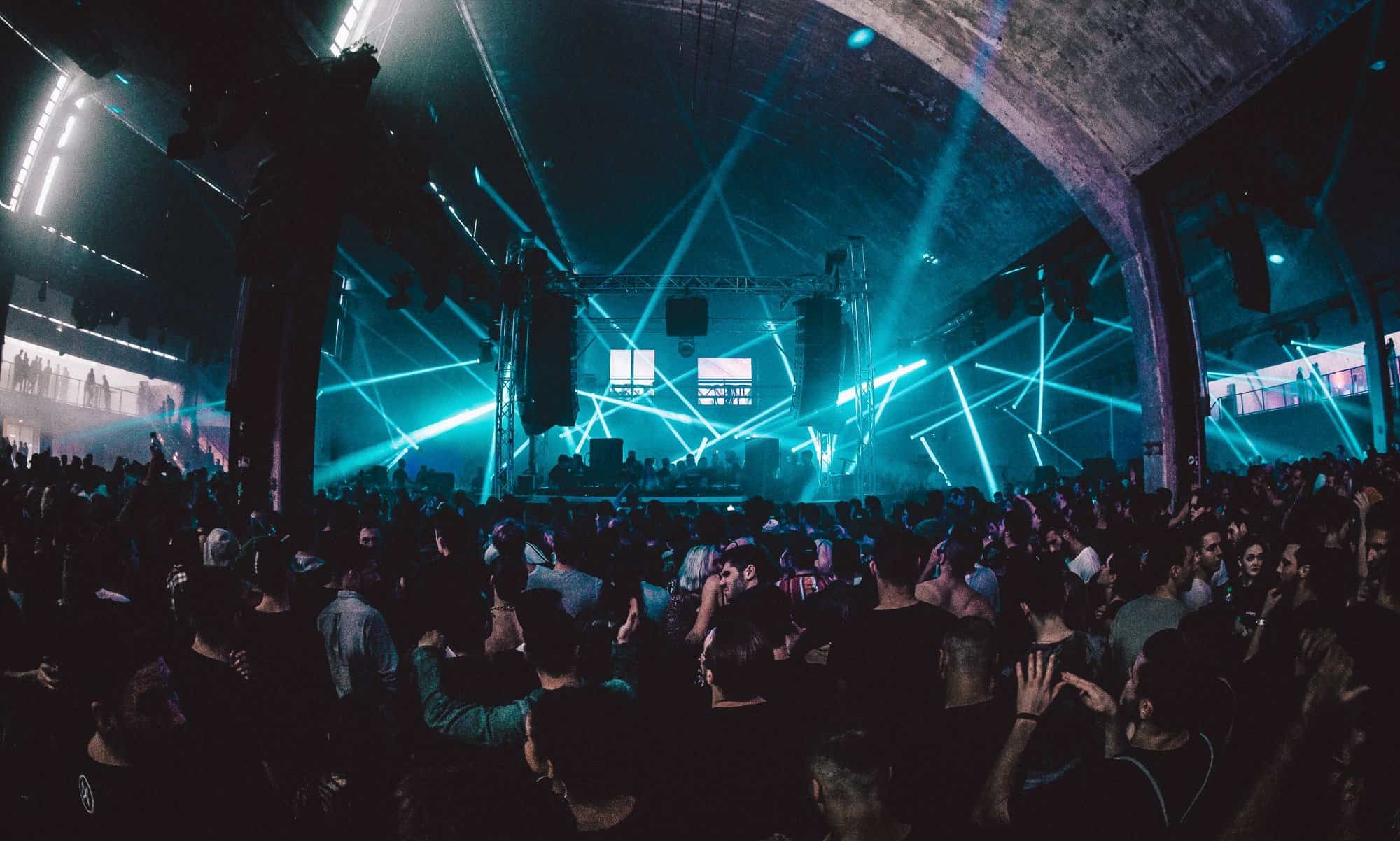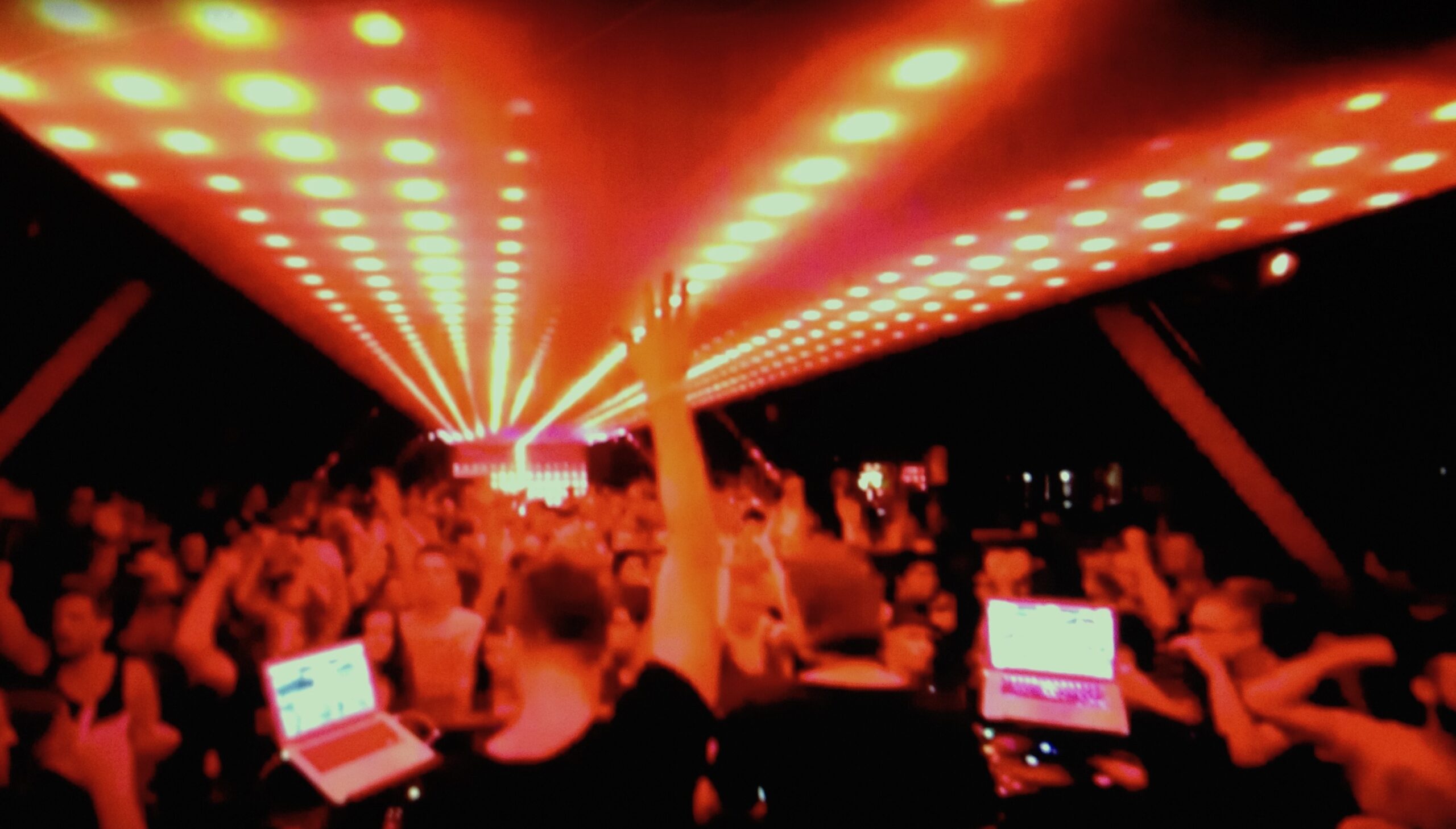By Erika Koutroumpa,
One could consider Berlin as the world techno capital, attracting clubgoers from across the globe with its iconic nightlife venues. However, a troubling trend has emerged in recent years, as some of the city’s most renowned clubs are shutting down. The latest blow to the Berlin nightlife scene is the shutdown of the legendary Watergate club after 22 years of operation. Watergate, a landmark for deep house and techno music, announced it would cease operations after its New Year’s Eve party, marking the end of an era for Berlin’s club culture.
Watergate’s closure is not an isolated case. Another popular club, Wilde Renate, is also set to close in late 2025, after 18 years in business. The reasons behind these closures are complex and multifaceted, but they point to a larger shift in Berlin’s nightlife landscape.
One of the primary reasons for Watergate’s shutdown, as stated by its administration, is the overwhelming avalanche of costs that began with the pandemic and continued to escalate due to the rising cost of living. The economic fallout from COVID-19 hit the nightlife industry hard, and while there was some recovery in the months that followed, many venues struggled to regain their financial footing. The cost of booking popular DJs and the skyrocketing prices of real estate have further strained these clubs, making it difficult for them to remain profitable. Wilde Renate faces a similar dilemma, with financial difficulties compounded by issues in extending its lease.

The pandemic also shifted club culture, contributing to the decline of traditional nightlife venues. While there was an initial increase in attendance once restrictions were lifted, younger generations have increasingly opted for alternative social activities. Many now prefer to stay at home or save their money for open-air venues. This change in preferences has led to a decline in the number of clubgoers, further hurting Berlin’s nightlife economy. Similarly, the associated increase in airplane ticket prices and decline in clubbing tourism adds fuel to the fire.
Another major factor threatening Berlin’s club scene is the city’s ongoing urban development. Many of Berlin’s most iconic clubs are located in the former East sector, particularly around Friedrichshain. This area has largely remained untouched by large-scale development projects —until now. The controversial A100 highway project puts approximately 30 clubs in danger of eviction, as developers eye the valuable real estate for new infrastructure projects.
The loss of these clubs would be a devastating blow to Berlin’s cultural landscape. Not only are these venues essential to the city’s identity, but they also serve as incubators for new musical talent. Berlin’s club scene has long been a cradle of underground culture, helping shape the city’s reputation as a global hub for electronic music.

In response to these closures and threats, clubgoers and activists have rallied to protect Berlin’s nightlife. In 2022, the “Make Music Not Concrete” campaign staged a blockade in protest of the A100 highway project, calling on the government to take action to preserve the city’s cultural institutions. Many argue that the club scene is a vital part of Berlin’s economy and cultural heritage, but convincing the broader public and political leaders has proven to be challenging.
Despite these efforts, the underground music scene is still not fully recognized as an integral part of Berlin’s identity. For many, the closure of venues, like Watergate and Wilde Renate, signals a worrying trend that could reshape the future of the city’s nightlife.
Berlin’s reputation as the techno capital of the world is being put to the test as iconic clubs like Watergate and Wilde Renate are being closed. Rising costs, shifting cultural habits, and urban development projects are contributing to the decline of the city’s legendary nightlife. While efforts are underway to protect these venues and preserve Berlin’s cultural heritage, the future of its iconic club scene remains uncertain. As the city continues to evolve, the question remains: can Berlin’s nightlife survive these mounting pressures, or is it facing an irreversible transformation?
References
- Berlin’s Watergate nightclub will close with New Year’s Eve last dance. The Guardian. Available here
- Berlin club culture battles ‘highway to hell. Deutsche Welle. Available here
- Berlin’s famed nightclubs, losing customers, face an uncertain future. NPR. Available here




